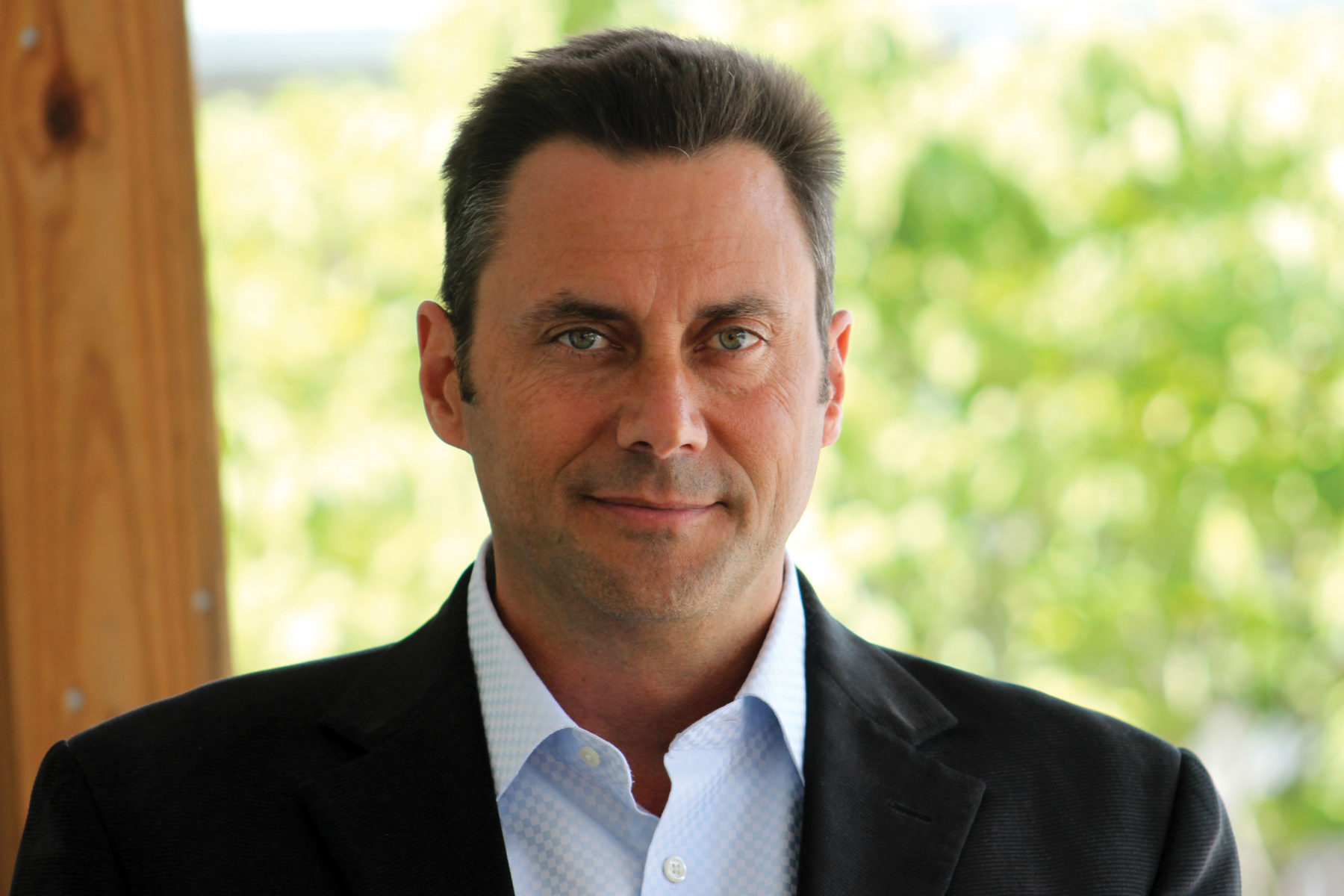Breakthrough medicines. New treatment paradigms. Finding cures. The pharmaceutical industry provides hope and saves lives, yet has been pummeled in the press for greed and dishonesty. In fact, in Gallup’s 2016 poll of business sectors, a whopping 30% of respondents rated their perception as “very negative.”
This is not indicative of the industry we know. Every day we see new innovations in the lab, life-changing treatments developed, and new medicines for previously unmet needs introduced. Emerging from the barrage of bad press and poor perceptions are the true leaders who inspire us and whose commitment to better healthcare for patients is unparalleled.
One of those leaders is Michael Moran, Vice President, U.S. Head of Sales, Eagle Pharmaceuticals. Mike did not start his career in the pharmaceutical industry, nor did he ever envision working for pharma. His childhood dream was to be an investment banker. One of the first people in his extended family to go to college, Mike saw his parents struggle financially and was determined to earn as much money as possible. He landed a job on Wall Street in his early 20s and found he had a natural talent for sales. Working long hours six days a week, combined with grit and determination, soon turned into an extremely lucrative career.
 Promoted after six months, his management suggested he focus on pharmaceutical companies—considered then to be recession-proof. He set his sights on the C-suite and plunged in. As he tells it, “Here I was, this young, brash, 20-something with my expensive suit and I would sit there almost arrogantly and ask, ‘Why should my customers invest in your company?’”
Promoted after six months, his management suggested he focus on pharmaceutical companies—considered then to be recession-proof. He set his sights on the C-suite and plunged in. As he tells it, “Here I was, this young, brash, 20-something with my expensive suit and I would sit there almost arrogantly and ask, ‘Why should my customers invest in your company?’”
He did not expect their responses to stir something in him. After all, he was on top of the world—young, already earned the respect of management, and making money beyond his wildest dreams. Yet, the words of the pharmaceutical executives who spoke about making people’s lives better through the medicines they delivered echoed in his mind. He thought of his own family: A brother with cerebral palsy, two siblings with epilepsy, his father with congestive heart failure, and his mother suffering through multiple surgeries due to complications from rheumatoid arthritis, only to die at 53. How could he justify making people richer when there was so much more he could do?
What did he want from his career, his profession, his life? Mike vividly remembers a conversation with his father, a man without a high school education, and a family filled with problems and on the verge of bankruptcy. His father said, “You’ve got this great job, you’re making a lot of money and you seem happy, but you have to love what you do. If you don’t, you’re in the wrong profession.”
Despite his success, the work felt hollow. He reached out to his clients and one suggested looking at a small pharmaceutical company. Taking a chance on him, they offered a base salary of $36,000. He knew he could not touch the money he made on Wall Street, even with an open-ended bonus plan, but it didn’t matter. He would have a career that gave him purpose, dramatically impacting and changing lives.
The next years were ones of increasing responsibility. It was an exciting time for the young company, expanding from about 100 people to 400 before the first talk of mergers. While Mike credits the mergers with giving him insights into the workings of a large pharmaceutical company, he knew he was destined to help smaller companies grow.
After a short stint at a small, privately held company, he met Dr. Ernie Mario. Ernie was the mentor who would change his life. Together they built a company, Reliant Pharmaceuticals, focused on people, culture, and patients. Leading by example and instilling in others the passion to save lives, Mike and Ernie created a culture that employees considered “family.” Reliant was ultimately sold to Big Pharma and although he did not want to work for a large company again, Mike agreed to help launch the product in return for bringing 100 people with him. The company got a great drug, great go-to-market strategy, and great people, and Mike ensured that his top performers could continue their careers.
He stayed for several years, working on new projects and navigating the challenges of a global company. Ultimately, Mike missed the collaboration of a small company and answered the call when Eagle Pharmaceuticals reached out. Both their product development vision and their business model resonated with him. Eagle develops injectable products, primarily in the areas of critical care, orphan diseases, and oncology, using nanotechnology to produce optimized formulations that improve safety and efficiencies.
Mike evaluated his needs, changed industries, and successfully created a rewarding career. What advice would he give others? Ask yourself: 1) What’s your endgame? Are you doing it for the money or because you love what you do? 2) How much money is enough? If you were independently wealthy, would you still be in this business? 3) What do you want your legacy to be? 4) The last five years of your career, when it’s no longer about the money, do you still want to do what you’re doing or something wildly different?
Putting people and patients’ lives first, self-introspection, taking risks, and exuding leadership are the hallmarks of Mike Moran’s career. His father’s advice has never failed him: Finding the right profession and loving what he does has made all the difference.
There are many great leaders that make the pharmaceutical industry what it is today and Mike’s story is not the only one. Together, we can change the perception of the industry to reality—an industry that creates life-saving treatments, and showcase the best amongst us.







